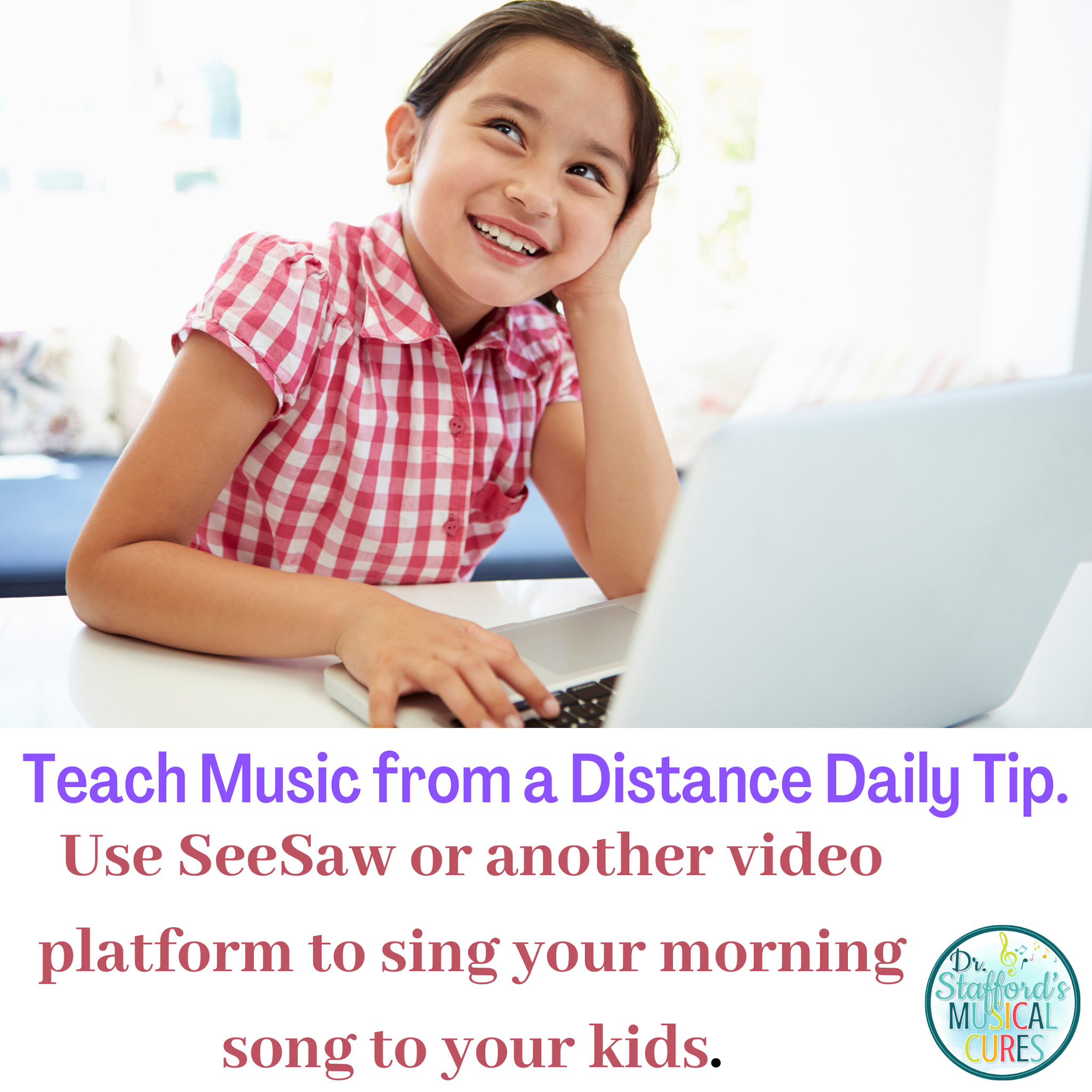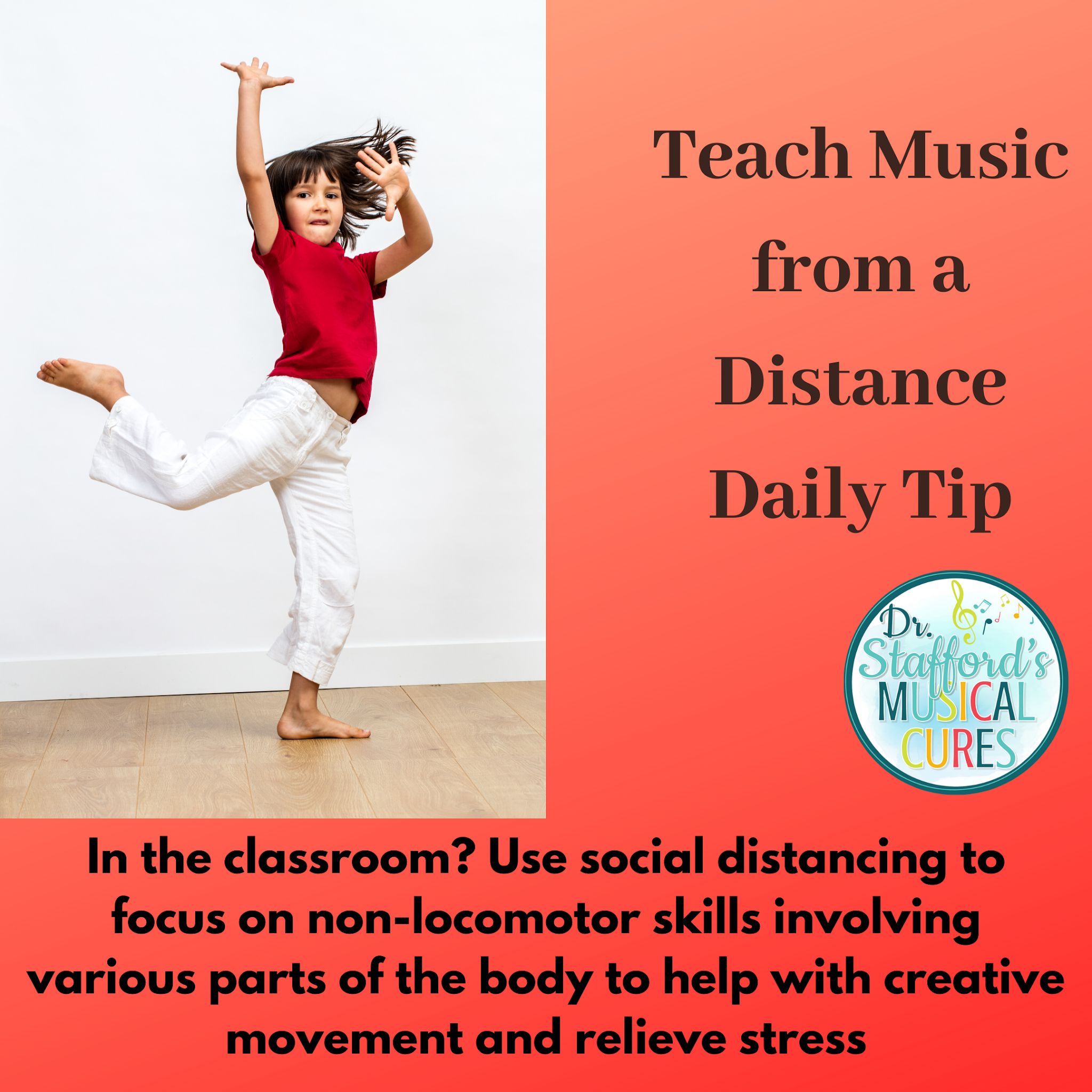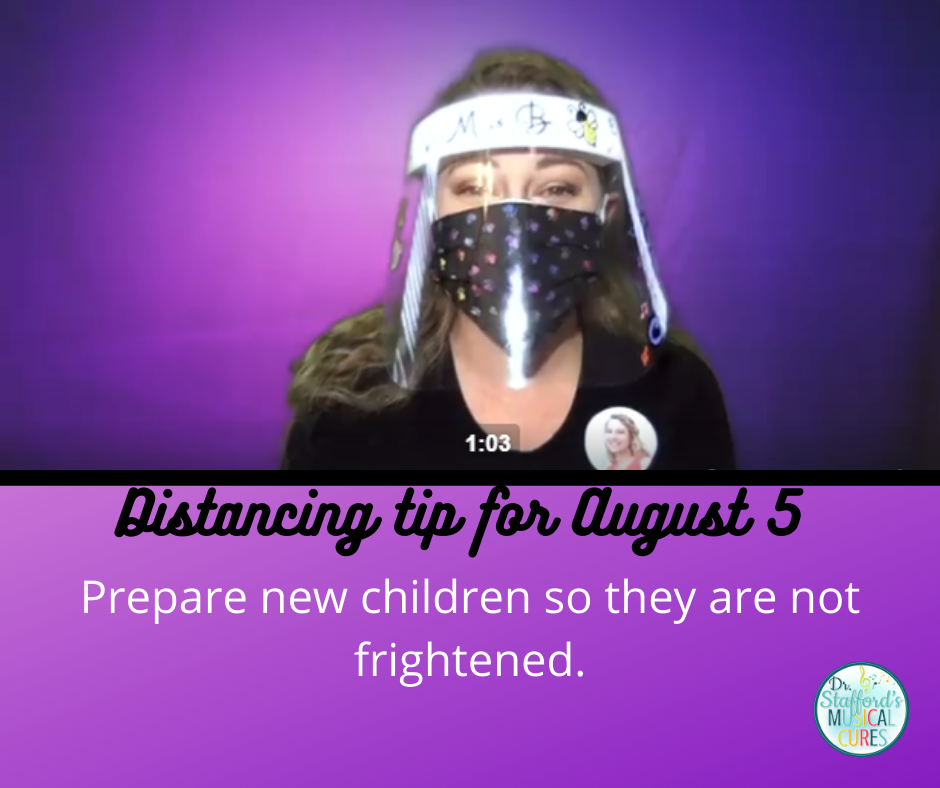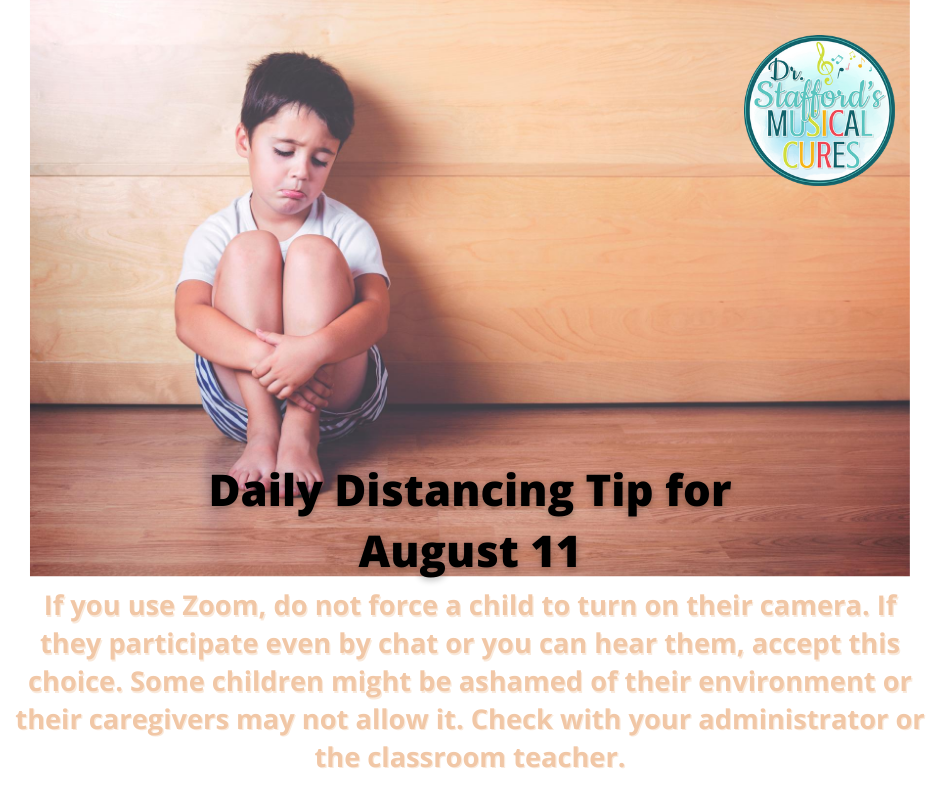I am going to be honest: I have felt pretty helpless as my former colleagues are planning, worrying, buying, and collaborating to prepare for…..well, “How long will we be in the building?” “How long will we be virtual?” “How do I keep kids at a distance?”
It’s not much, but I decided to provide a tip Meme of the Day on my Facebook page, Instagram, and Twitter. However, I started realizing that having all those memes in one place might be nice, so I wrote three posts to cover these issues.
Part 1
Use SeeSaw or another video platform to sing your morning song to your kids.
As teachers, we know how crucial routine is to our students. One of the biggest debates on school versus virtual is getting students back on a regular schedule. There is good and not so good on both sides. But, if you are going virtual, there is no reason why you cannot continue a morning song or teach a new one. SeeSaw has video capabilities to allow you to reach your kiddos with a cyberhug. (See more on my SeeSaw basics post.)
Using Found Sound.
An easy and relatively inexpensive way for your kids to experience rhythm either at home or at school is with their own found sound kit. I know of teachers who have been asking for oatmeal boxes, sticks…whatever they can so each child can have their own personalized kit with few concerns about cross-contamination.
 Incorporate Body Percussion Videos to Assess Rhythm Understanding
Incorporate Body Percussion Videos to Assess Rhythm Understanding
Orff focused teachers understand this: elemental music begins with play, and we have seen children create their own hand jives. Utilizing body percussion for an at-home activity is fun, can be recorded, AND can involve family members!
Zoom Breakout Rooms
One of my favorite activities while teaching was utilizing group activities. Yes, I liked them! I love the creative flow. Even if you are in your classroom, though, the kids can’t be close enough to collaborate. Enter Zoom. Divide your kids into breakout groups, and they can do body percussion creations, found sound, lyric writing…..Then, ask them to journal into SeeSaw. The kids can then perform with the whole group Zoom.
Focus on Non-locomotor Skills
I’m thinking that one concern you might have teaching elementary during this time of necessary distancing is the fact that…………kids move! They can’t help it. So, take advantage of this to help them solidify non-locomotor moves. Utilize yoga (check out this Amazon search!) Another wonderful resource that can tie into the social-emotional aspect of teaching is Brain Dance, which is based on normal developmental patterns experienced during the first year of life. Several of the activities are similar to those utilized by trauma specialists, such as tapping. Non-locomotor movement songs are super as well.Use non-locomotor moves as an assessment in a listening example (dynamics, contour, etc.) Make a Power Point with action words that utilize the 8 efforts from Laban. I’ve done this for all ages, and animated the words so the kids had to change their movement the minute the new word popped up. I have this Power Point attached with a link to Spotify. Give it a try! Let me know if you have any problems.
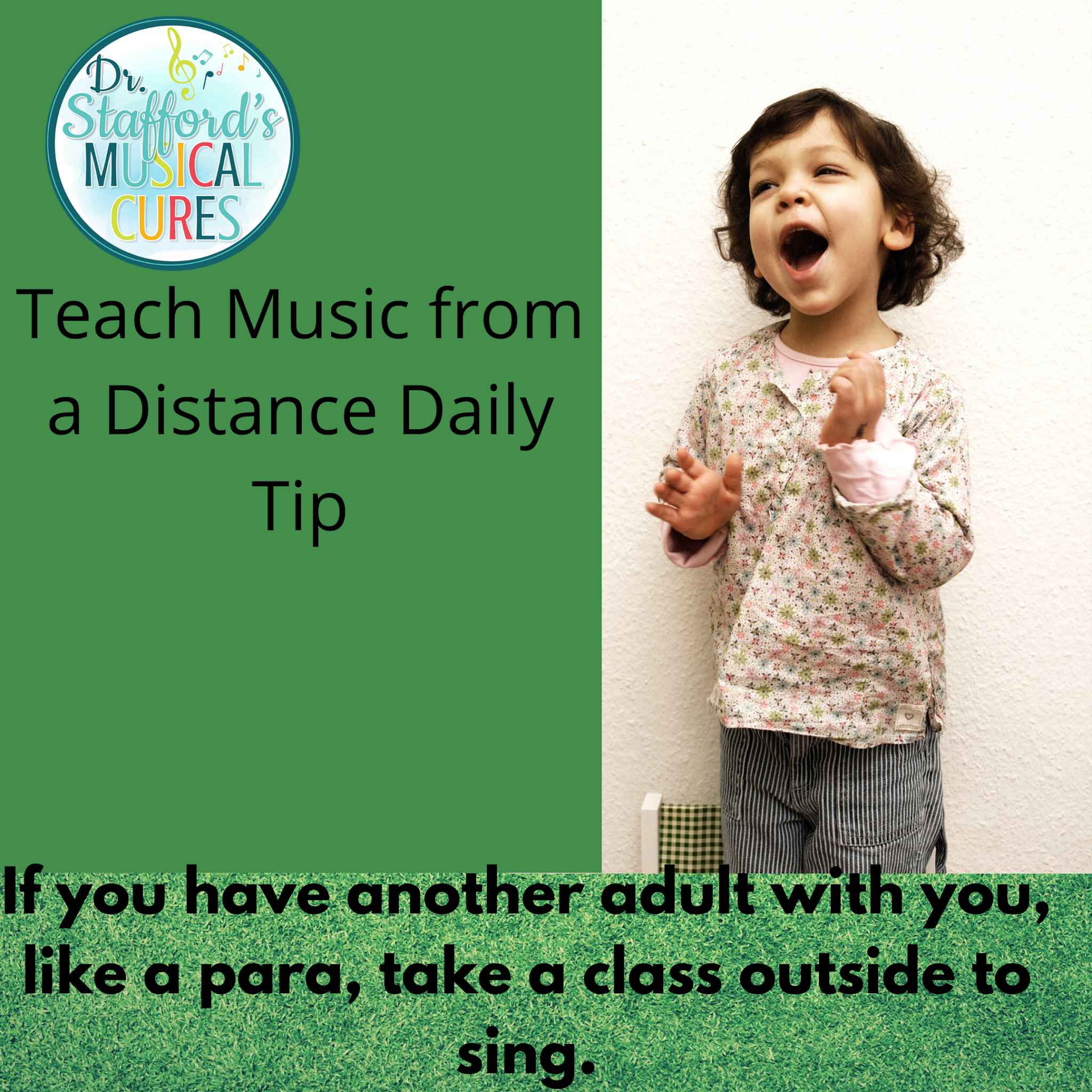
Teach Outside
The reason I suggest having another adult with you is because of safety and management, but you know your kids. You can also take drums outside, keeping in mind safety issues.
Prepare Children
My friend Stephanie is a genius. She decided to make a video showing her putting on all her COVID “gear”. She also made a picture button so new students would know what she looked like. She then posted the video on the school website. This is going to be a little scary for kids. Prepare them.
Do Not Insist a Child Use Zoom
Although Zoom is a very handy tool to have during these times, it can also open up a whole new set of technical use issues. Give them the alternative to just leave the microphone on, or allow them to use the chat feature to record their thoughts.
There are a myriad of reasons why a child is nervous using Zoom. It might be due to a differing ability which makes them nervous or thrown to see everyone in mini Brady Bunch windows. Some students do not like their routines changed. (Well, we were crabby, too! But, you know there are children who have difficulty adapting or expressing themselves.) The child might be in an environment of which they are embarrassed or an abusive environment where they are afraid someone might tell.
In any case, confer with the classroom teacher. If you are both experiencing the same issue and don’t know why, report it to the principal.
Part 2 ?


